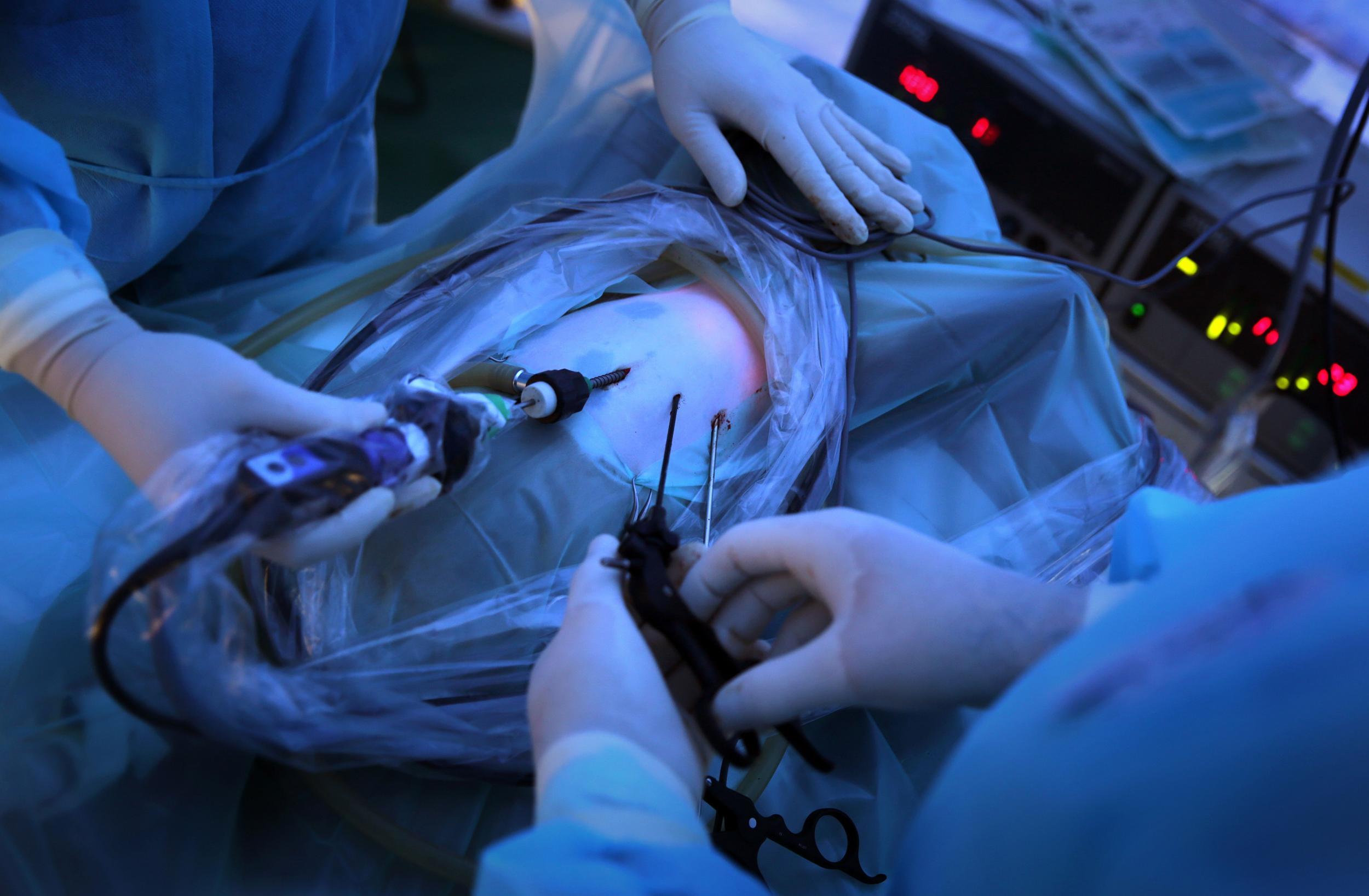Indian woman donates uterus to 21-year-old daughter
The procedure has only been performed successfully five times

Your support helps us to tell the story
From reproductive rights to climate change to Big Tech, The Independent is on the ground when the story is developing. Whether it's investigating the financials of Elon Musk's pro-Trump PAC or producing our latest documentary, 'The A Word', which shines a light on the American women fighting for reproductive rights, we know how important it is to parse out the facts from the messaging.
At such a critical moment in US history, we need reporters on the ground. Your donation allows us to keep sending journalists to speak to both sides of the story.
The Independent is trusted by Americans across the entire political spectrum. And unlike many other quality news outlets, we choose not to lock Americans out of our reporting and analysis with paywalls. We believe quality journalism should be available to everyone, paid for by those who can afford it.
Your support makes all the difference.A woman in India has successfully donated her womb to her daughter after undergoing the first uterine transplant surgery in the country.
After discovering that her 21-year-old daughter had been born without a uterus, the 43-year-old volunteered to have hers surgically removed and implanted.
The procedure has only been performed successful five times, all by a single team in Sweden.
The latest attempted was performed by Dr Shailesh Puntambekar and his team at Galaxy Care Hospital in Pune, India. He told CNN that the procedure took nine hours, but that both patients are “fine”.
"We are responsible for the patient and fulfilling their dreams of becoming a mother, which was impossible for them until now," he said.
Approximately one in every 5,000 women are born without a uterus, a condition known as Mayer-Rokitansky-Küster-Hauser syndrome. Without a transplant, they would be unable to bear children on their own.
Other women may be eligible for the surgery if they have had a hysterectomy, or if their wombs have been damaged by injury or infection. Uterine infertility is estimated to affect 1.5 million women globally.
The procedure starts by removing the eggs from the uterus recipients, which are then fertilised, and frozen.
After the surgery is completed, and the patient has been given time to heal, the fertilised eggs are implanted in their uterus via a process known as invitro fertilisation. Recipients of uterus transplants are unable to become pregnant through intercourse.
Six healthy babies have been born from five recipients of uterus transplants. Several countries, including the US, Germany, Saudi Arabia and Turkey have attempted uterus transplants in the past.
But until Dr Puntambekar and his team's success, only the Swedish team had been successful.
They prepared for the surgery for a year, practising on cadavers in Germany and the United States.
Join our commenting forum
Join thought-provoking conversations, follow other Independent readers and see their replies
Comments